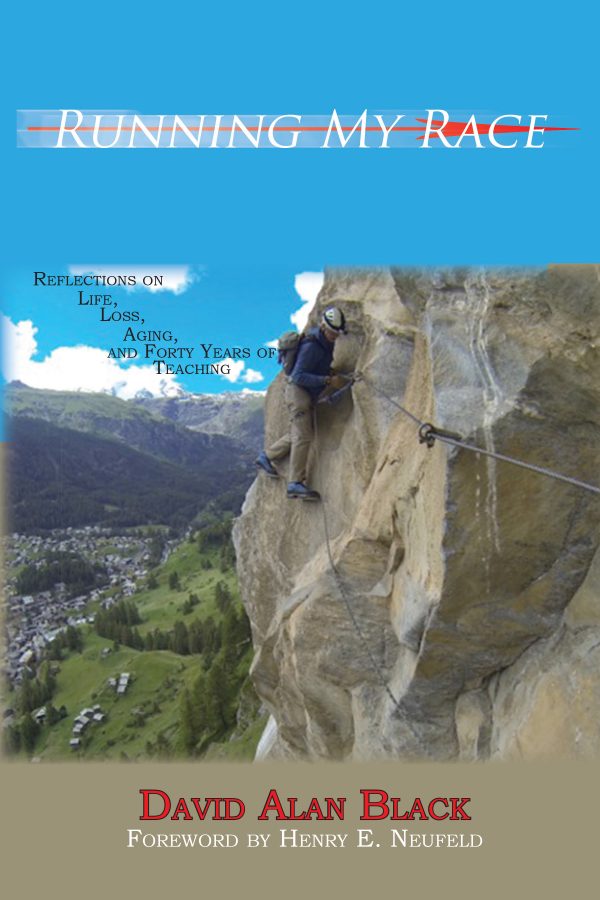Experiencing Resurrection
Adrian Warnock issued a 10 day empty grave challenge, asking Christian bloggers to write about the resurrection at some point before Easter. Even though I have yet to read his book (I’ll get to it sometime!), I thought I’d take him up on his challenge.
Now the fact is that my experience differs from Adrian’s in that I have found that most churches I have attended tend to be pretty happy about the resurrection, but much more likely to neglect the cross. They have generally been quite happy to discuss the resurrection without any concern for why it was necessary. Unfortunately, however, I believe that if one neglects the cross one can hardly fully understand the resurrection.
A song from my youth, Henry de Fluiter’s Homesick for Heaven:
I’m homesick for heaven, seems I cannot wait,
Yearning to enter Zion’s pearly gate;
There never a heartache, never a care,
I long for my home over there.
I may seem to be deviating from the topic, but I grew up with this concept. A desire for the coming of God’s kingdom is a kind of standard in Christian discourse. We want to go to heaven, with the obvious subtext “not too soon.”
Now I had always thought that I really was homesick for heaven. But it took the time when my son was sick and death was threatening to teach my what homesickness really meant. I am aware that I bring up this one incident constantly in discussing, but living through the death of a child is an event that will change your life for better or worse.
But the experience that I relate to the resurrection is not death, but an earlier time in our experience. James had gone through surgery to remove one lung, and was in intensive care. Prior to the surgery I had committed to teach a series each Sunday for a month at a church about 2 1/2 hours away, at least as I drive. The pastor told me he’d understand if I canceled, but he wasn’t going to withdraw the invitation.
Saturday night I stood by James’s bed side and dithered as to whether I could make it. James was trying to say something to me, but was muffled by the tubes, so I came closer so I could hear. He said one word to me: “Go!”
I went. On those trips I was sustained by the music of the kingdom. I recall in particular one song, “Singing with the Saints” —
I’ll be be sitting at the throne with an angel band,
Shoutin’ hallelujahs to the great I am
If you think it’s a dream, well it ain’t
I’ll be singing with the saints.
I played that music loudly all the way. One of those Sundays–I don’t think it was that first one because James was able to talk to me–my wife Jody tried to call me on the cell phone as I drove and I didn’t hear it ring. When I did notice the call and called back they were shocked that I had missed the call due to the music. You see, I very rarely listen to music that loudly.
But in that experience there were moments when I sensed I could feel the grass of the fields of heaven. I felt a homesickness for that land that I had never felt before. I understand that others whose view of life and whose faith (or lack of it) differs from mine. I know that they too endure great difficulties and come through them. But for myself, it was that part of my faith, not particularly the future hope, but the moments experiencing eternity here and now that sustained me. I realized that I was a native of that kingdom for just a moment. As St. John Chrysostom said of the patriarchs:
What then? Did they mean that they were “strangers” from the land that is in Palestine? By no means: but in respect of the whole world: and with reason; for they saw therein none of the things which they wished for, but everything foreign and strange.
Before that I only thought I was homesick.
I’m reminded of a quote from Alexander Schmemann, For the Life of the World: Sacraments and Orthodoxy, p. 37:
…The Eucharist has so often been explained with reference to the gifts alone: what “happens” to bread and wine, and why, and when it happens! But we must understand that what “happens” to bread and wine happens because something has, first of all, happened to us, to the Church. It is because we have “constituted” the Church, and this means we have followed Christ in His ascension; because He has accepted us at His table in His Kingdom; because, in terms of theology, we have entered the Eschaton, and are now standing beyond time and space; it is because all this has first happened to us that something will happen to bread and wine.
In worship we are not merely commemorating historical events, or looking forward to future events, but we are experiencing our true homeland. When we truly get a taste of that true homeland it changes who we are and the way we look at the world.
When we study and meditate on the resurrection, I believe it should take us through that journey. We cannot do so without Good Friday and Silent Saturday. The first reminds us of the nature of evil and of the hardships we all encounter. It reminds us of the price of the kingdom. Silent Saturday is that time of waiting. Victory doesn’t come in an instant, but requires patience and determination. Easter Sunday is the victory of the kingdom.
